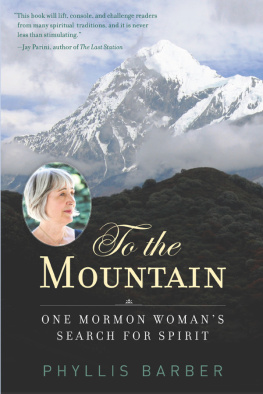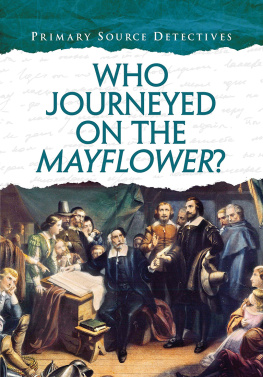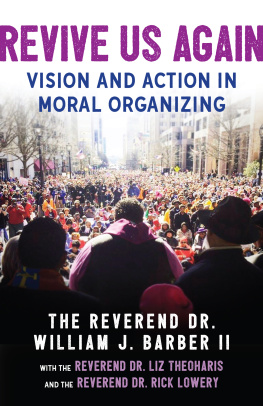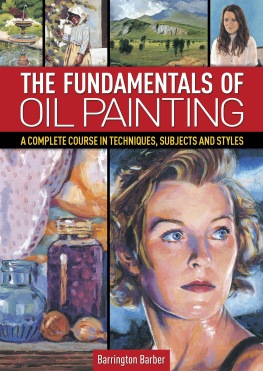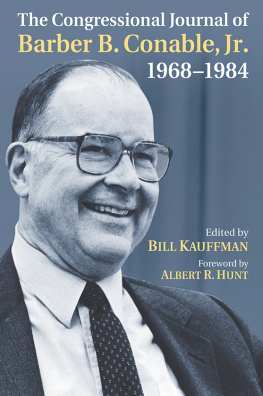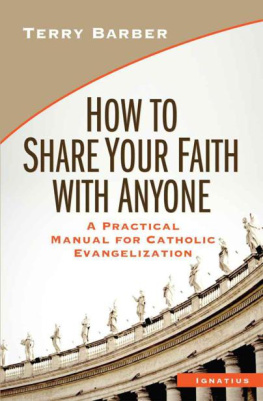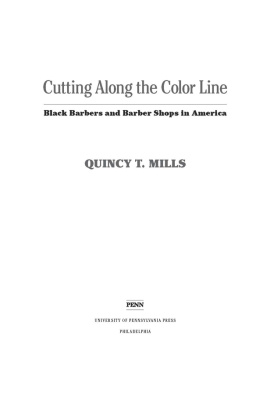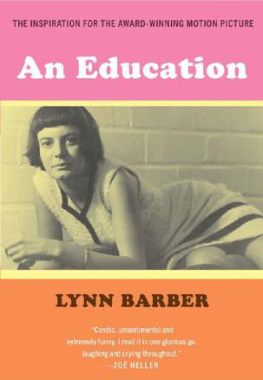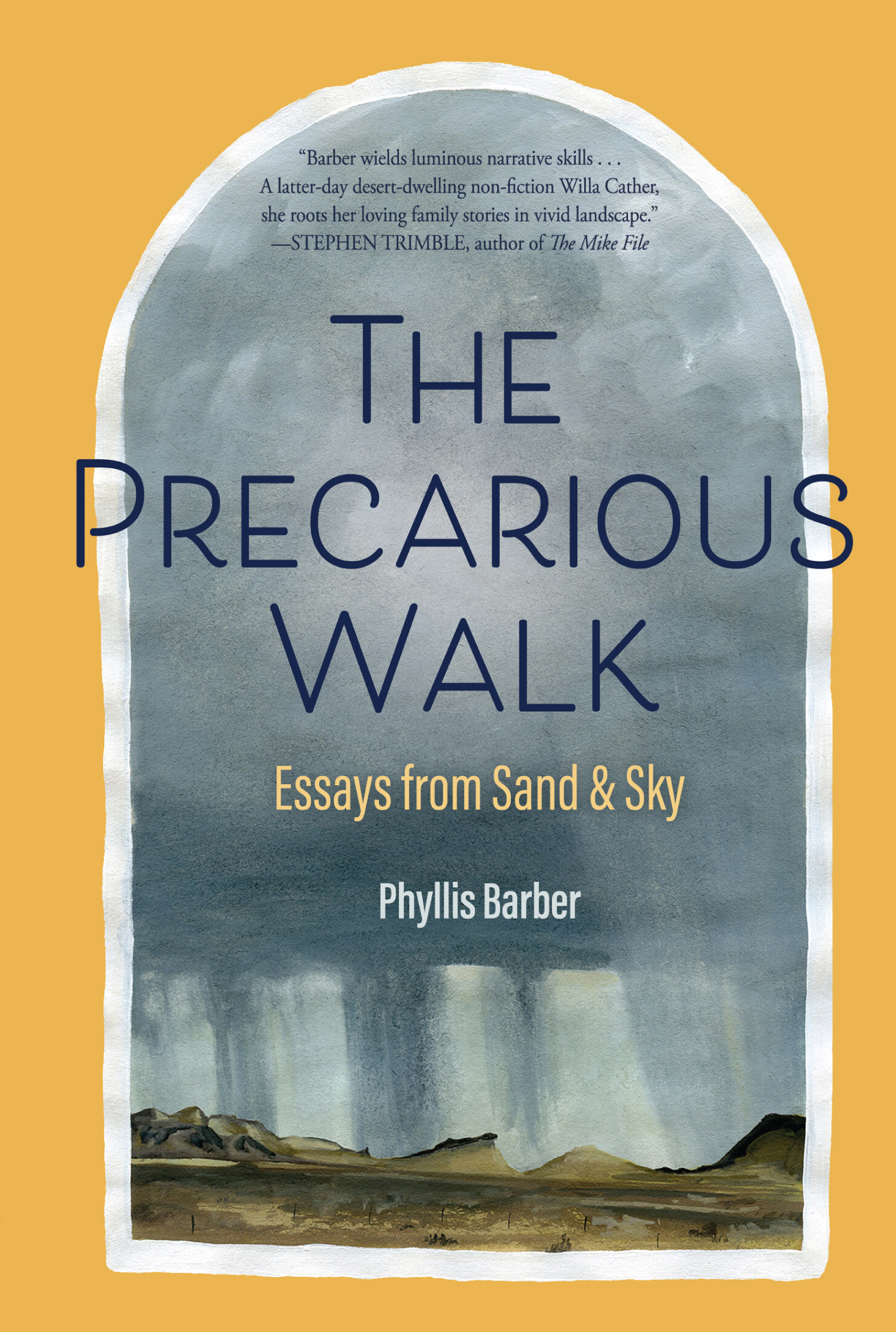Contents
Guide
Pagebreaks of the Print Version
Praise for The Precarious Walk
Phyllis Barber wields luminous narrative skills to recall her desert childhood and explore her precarious spiritual journey. A latter-day desert-dwelling non-fiction Willa Cather, she roots her loving family stories in vivid landscape. A fine essayist in pursuit of spiritual grounding, she finds God in the succulent, generous, breathtaking frightening, windblown unpredictable desert, and yet she knows shell always be tangled in Mormon thread. Her yen for the Soul leads her through a whirl of essential questions. Barber makes a thought-provoking companion as she searches for answers.
STEPHEN TRIMBLE, author of
The Mike File: A Story of Grief and HopeWhere are you headed, dear one? To a silent retreat? To your roots in the rich dirt? To a faraway place seeking answers? To a drying-up waters? To a reassessment of your faith? Phyllis Barber has been there, done that, and lived to tell the tale and thank goodness. In this book I find a mapping of the days to come, of what it will mean to grow older, perhaps wiser, to surrender to the earth itself. Wherever you are headed, pick it up and take it with you.
JOANNA BROOKS, author of
The Book of Mormon Girland
Mormonism and White SupremacyWhat an extraordinary book! The essays in Phyllis Barbers The Precarious Walk chronicle her deeply moving and inspiring lifelong quest to discover both the Divinewhether it be called God, Goddess, Yahweh, Allah, Jesus Christ, Buddha, Mohammed, Krishna, or Spiritand her essential self, which she compares to the core of a matryoshka, a Russian nesting doll that contains a series of smaller and smaller dolls, each one similar yet different in some important way from the others. Her book is itself a kind of matryoshka, each essay revealing a stage in her quest to comprehend the Divine and her self. Barbers walk may be a precarious one but its also an essential one, and I urge you to read her book and join her on her journey.
DAVID JAUSS, author of
Glossolalia: New & Selected StoriesPhyllis Barbers The Precarious Walk is a walk of wisdom that bears the rich fruit of a life lived in forbearance and in careful balance between the push of culture and the pull of the desert. Although she rightly insists that proper names and grammar are necessary to capture the unique and brief moment of our lives, her words and stories point us to what only music and the gentleness of a desert wind can teach, that we are one, not only with each other but with a gracious planet.
GEORGE B. HANDLEY, author of
Home Waters:A Year of Recompenses on the Provo RiverTHEPRECARIOUSWALK
Essays from Sand & Sky
Phyllis Barber
TORREY HOUSE PRESS

Salt Lake City Torrey
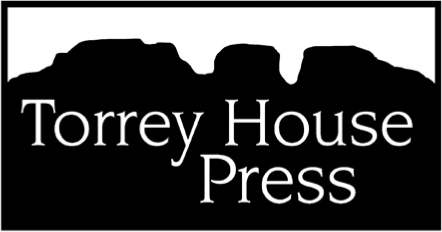
First Torrey House Press Edition, May 2022
Copyright 2022 by Phyllis Barber
All rights reserved. No part of this book may be reproduced or retransmitted in any form or by any means without the written consent of the publisher.
Published by Torrey House Press
Salt Lake City, Utah
www.torreyhouse.org
International Standard Book Number: 978-1-948814-59-1
E-book ISBN: 978-1-948814-60-7
Library of Congress Control Number: 201941552
Cover art by Hallie Rose Taylor
Cover design by Kathleen Metcalf
Interior design by Rachel Buck-Cockayne
Distributed to the trade by Consortium Book Sales and Distribution
Torrey House Press offices in Salt Lake City sit on the homelands of Ute, Goshute, Shoshone, and Paiute nations. Offices in Torrey are on the homelands of Southern Paiute, Ute, and Navajo nations.
To Those Who Wish to Be Read
Contents
Part OneIN THE DESERT

OH, SAY CAN YOU SEE?
Over the radio microphone, into the nations and FDRs ears, my grandma sang The Star-Spangled Banner. Oh, say can you see, she sang, the woman who ironed for nickels and dimes. Everybody in Boulder City, Nevada, recommended her for the dams dedication program. Theyd heard her sing at funerals, beautifully enough to make them cry even more than they might have. What so proudly we hail.
A big black open car full of VIPs delivered her home from the ceremony. She probably waved goodbye longer than those men expected, as if it were the last time shed be waving good-byeher hand pausing in the air, both wanting to push the car along and wanting to keep it close to her.
I can see her there, maybe because I somehow feel connected to that woman and her difficult life, dressed in her Sunday dress, most likely black cotton, with low, broad-heeled shoes. She must have sung by the memorial, in between those stylized statuesmassively chested men wearing tall stiff wings pointing skyward. Her notes must have hovered high above the Colorado from where she stood on top of Hoover Dam, now diverting water to be used for the benefit of humankind. (I hope those ninety-six men who died building the dam were given fluffier wings by the purveyor of angel equipment. Those bronze wings wouldnt lift anybody anywhere.)
I remember that dam and the stories about Grandma. But there was something else about growing up in the Mojave Desert that will never leave my minda rip in the sky, a test, a gash that showed the skys insides for a minute. I thought about my BandAid box when I saw ita funny thing to think about then, but I did. I could never have unwrapped enough Band-Aids to patch the desert even if I had pulled the red string exactly down the side crease without tearing into the flat side of the paper where the red letters are printed. After that first fire-in-the-blank-sky passed, the heavens blood and the earths dust made a big cloud, a busy one that drifts over my mind more often than Id like.
But back to the dam. I got my first chance at swearing because of Hoover DamI went to the dam to get some dam water. I asked the dam man for some of his dam water and the dam man said no. Damns were frowned on at home, so I chanted the forbidden whenever I could, with a flourish, making sure Mama and Daddy heard.
Actually, everybody called it Boulder Dam until Congress restored the name Hoover in 1947, this in memory of Herbert Hoover, the Great Engineer. He got the whole thing started when he was secretary of commerce in 1921, way before the Depression and the WPA ever happened. He was head of the Colorado River Commission that signed a compact between the upper and lower basins of the affected states and chaired talks about what needed to be done with that unruly river. Hoover Dam. That was the answer.
At one time or another, people our family knewthe boasters, we called themtalked about jumping off or sliding down the curving concrete, but nobody did it except one time a man from New York did. His note said he lost his money gambling in Las Vegas and that nothing mattered anyway.
He looked like a mass of jelly, Uncle Tommy, who was an electrician on the dam, said.
Could you see his face at all? I asked.


